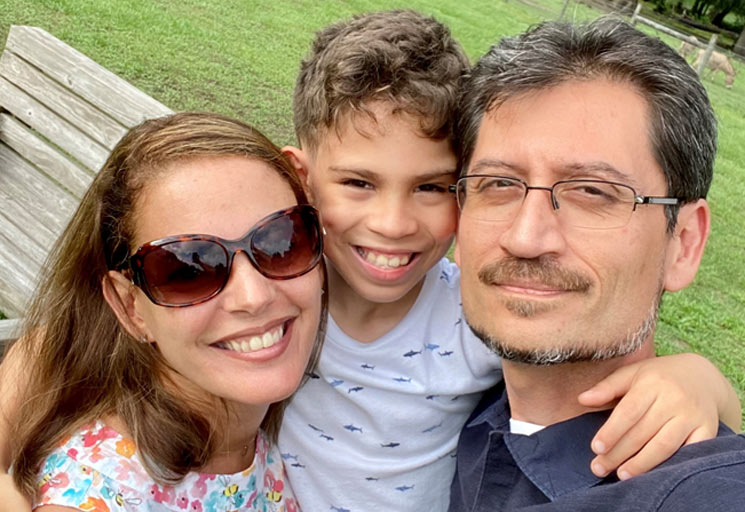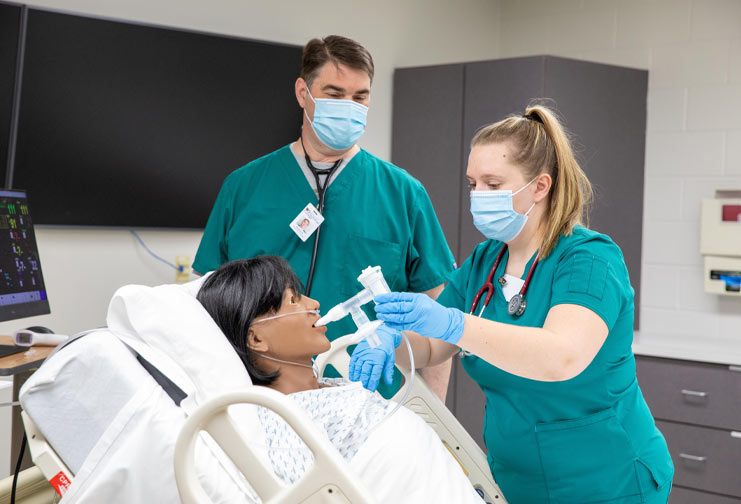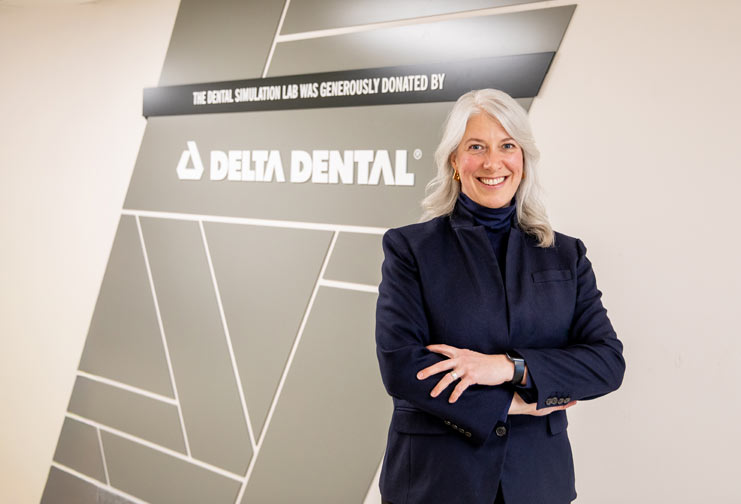Friday, August 27, 2021
Talking to Kids About Life After High School
College President: It's About Skills Not Career

Sunem Beaton-Garcia, president of CVTC, and her husband, Carlos Garcia, talk with their young son about skills in relation to education.
As the President of CVTC, Sunem Beaton-Garcia shared how she and her husband, Carlos Garcia, frame the idea of lifelong learning to their elementary school-age son, Gabriel.
“When we talk with him about education, we don’t talk about it like it is a terminal thing,” Beaton-Garcia said. “When I think about education for him, we talk about skills and competencies and life-long learning. We don’t talk about a degree.”
Gabriel, 8, who lived in Florida until months ago, will be starting school in Altoona on September 1. He loves math and cows, and he can’t wait to see snow. As he acclimates to education in Wisconsin, Beaton-Garcia said she and her husband will continue to help him hone the skills that he may need for careers that interest him.
“He tells me he’s going to the moon, and I believe him,” Beaton-Garcia said. “We are living experiences through his eyes.”
The mother of one said when she was young, adults had one job they stuck with until retirement. Today is a different time, where we may have several careers in our lifetime, which will likely continue. We will need to be ready and able to unlearn and relearn skills as jobs evolve.
Beaton-Garcia said we need to think about what students will need for future work – perhaps careers that do not exist yet. How can students amass educational passports with skills required for professions that appeal to them?
Teachers have had to present educational portfolios for years to secure jobs in that field. Those documents describe and detail the strengths of teaching and innovation. Other professions require similar portfolios. But Beaton-Garcia said the educational passport is taking it one step further.
An educational passport is not a new concept, but it is on the precipice of catching on. In short, it is a compilation of artifacts that follows children from high school to college and beyond. It contains macro- and micro-credentials, training, and knowledge attained from their life and educational journey. It’s property of the learner. It’s something that Beaton-Garcia says should be digitally available, unalterable, and confidential like medical records, so employers can view skills the potential colleague has mastered, not just the courses they took.
“We should be able to contribute to an education passport to connect the competencies right to the employer. It’s a way to best articulate it for the student,” she said.
For parents, the goal is to help children build skills needed to start a career that likely will require the worker to pivot and pivot again. That’s the future, she said.
“I do a disservice to Gabriel if I tell him what his educational path will be,” she said. “He is going to need to be creative, a problem solver, have good communication skills, and exhibit professional behavior. Students are learning early on that those are the key blocks to build upon.”
The job of a parent, she said, is to foster those educational opportunities that pique a child’s interest. But the question, “What do you want to be when you grow up,” should take on a different meaning now. Ask the question, but then seek and determine what skills are needed for the job and help to hone those skills, she said.
“Before, it was longevity that made a person valuable. Now it’s workforce skills,” Beaton-Garcia said. Workforce skills will put you above others if you have mastery.”


